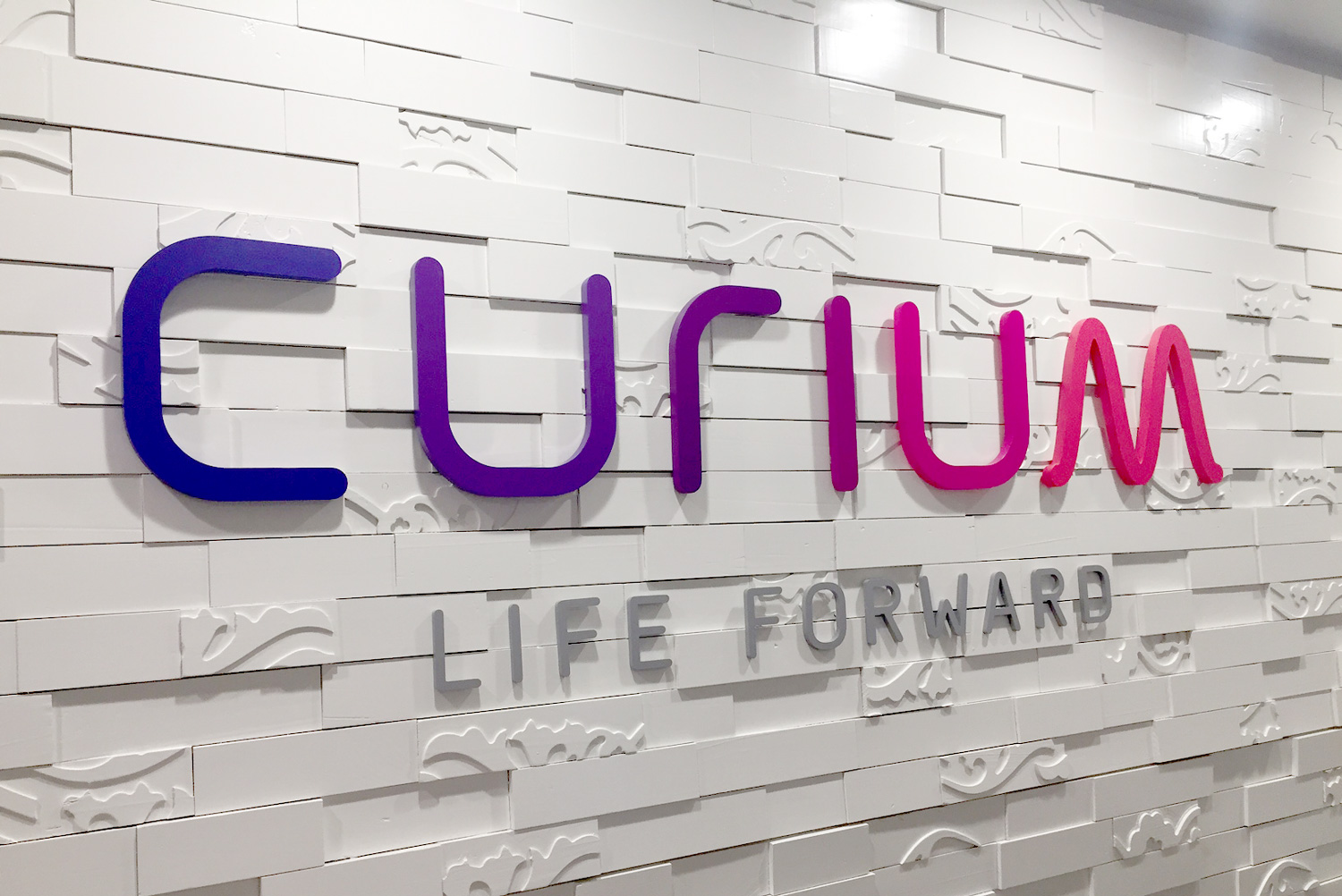
24th noviembre 2022
Curium’s Customers to benefit from Mo-99 Production restart
———
Download as PDF: English
———
Additional production runs and increased processing for the benefit of patients
(Paris – Nov. 23, 2022), Curium the world’s leading nuclear medicine company, announced today that with the restarting of a production cycle at the HFR reactor in Petten, Netherlands on 23 November, Curium will resume supplying its customers with molybdenum-99 (Mo-99) and technetium-99m (Tc-99m ) generators as of 28 November. The restarting of the reactor follows a near-term shortage of Mo-99 in November that the global nuclear medicine industry has experienced as a result of unplanned outages and scheduled maintenance programs at individual facilities that unfortunately have overlapped.
Re-establishing a reliable supply of Mo-99 is critically important for the 40 million patients a year who undergo Tc-99m based SPECT scans to diagnose life-critical diseases. To address this supply shortage, Curium was forced to reroute, adjust, and in some cases postpone customer orders, with production capacity for some cyclotron products such as Thallium pushed to its maximum, and Curium’s PET Europe business unit supporting with additional capacity where possible (e.g. for bone scans).
With HFR restarted, in order to return operations to normal as quickly as possible Curium has put in place the following:
- Resuming target processing two days after the restart of the HFR reactor and initiating generator production the following day.
- Adding additional Mo-99 productions the week of 27 November to ramp-up availability of Mo-99 as soon as possible, thereby processing 50% more targets than usual during this week.
- Providing additional generators over the coming weeks to help decrease the patient backlog that may have built up in November.
Reliability of Supply Initiatives
The reactors the nuclear medicine community relies on for production of medical radionuclides and Mo-99 processors meet regularly under the flag of Nuclear Medicine Europe in order to align planning of reactor schedules. While this scheduling ensures the best possible coverage for the reliable production of these radionuclides, it cannot predict unplanned outages. This scheduling also helps to keep reserve capacity available throughout the year.
This shortage of Mo-99 follows more than ten years of Mo-99 supply chain resilience with longer-term initiatives in place and investments to ensure a reliable supply of Mo-99 for hospitals and nuclear pharmacies – ultimately serving the patients awaiting diagnosis. These initiatives include:
- In recent years, approximately €400 million has been invested in upgrading existing nuclear research reactor facilities in Europe, Australia, South Africa, and Argentina, including installing new equipment to irradiate Mo-99 targets
- Significant upgrades/ reliability programs have been and are being implemented yearly at each reactor and in each molybdenum production facility, via planned and coordinated maintenance programs, ensuring:
- High reliability levels
- Redundancy of supply throughout the year
- Current shortage is evidence of this approach, with MARIA, HFR and LVR-15 undergoing major upgrade programs in the coming weeks – the structural redundancies built into the supply chain could not be activated in this very specific instance.
A History of Mo-99 Supply Reliability
These initiatives have contributed to a robust supply chain and reliable supply of Mo-99 over the past ten years, as evidenced by:
- The transition from HEU (High Enriched Uranium) to LEU (Low Enriched Uranium) targets is close to completion for all Mo-99 processors, and has not impacted supply/capacity, despite lower yields
- Mo-99 has been successfully shipped to all main Tc-99m generator manufacturers throughout the COVID crisis – even during Q2-Q3 2020 – despite the significant limitations and decreased in airfreight capacity
- Reactors have been irradiating uranium targets at uptimes (in number of days of active vs. planned operation) > 95% as well, i.e. with no material impact of unscheduled stops
- Throughout this period of ten years, Mo-99 supply reliability has been well above 95%
Despite the recent global shortage of Mo-99, with an industry supply chain with proven resilience demonstrated over the past ten years, Curium is committed to ensuring that its operations return to normal as quickly as possible so it can serve its 14 million patients annually and those who benefit from SPECT scans to diagnose life-critical diseases.